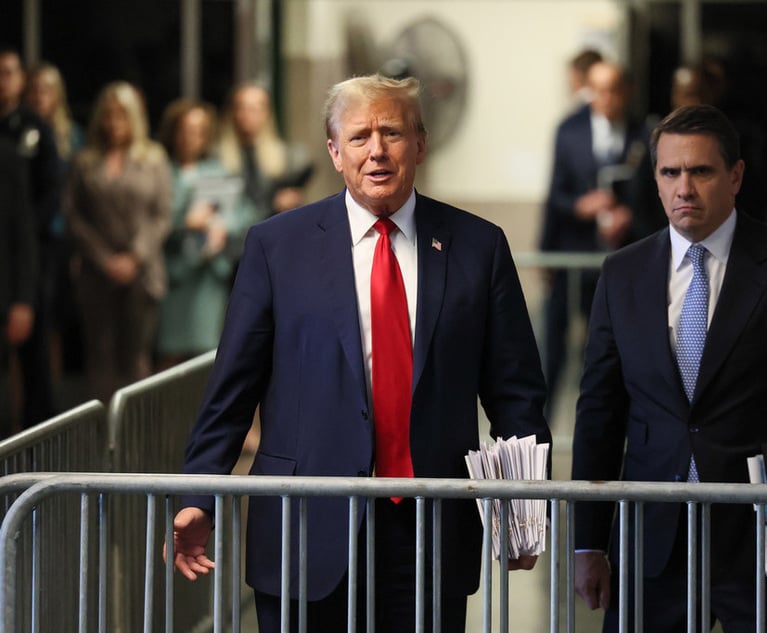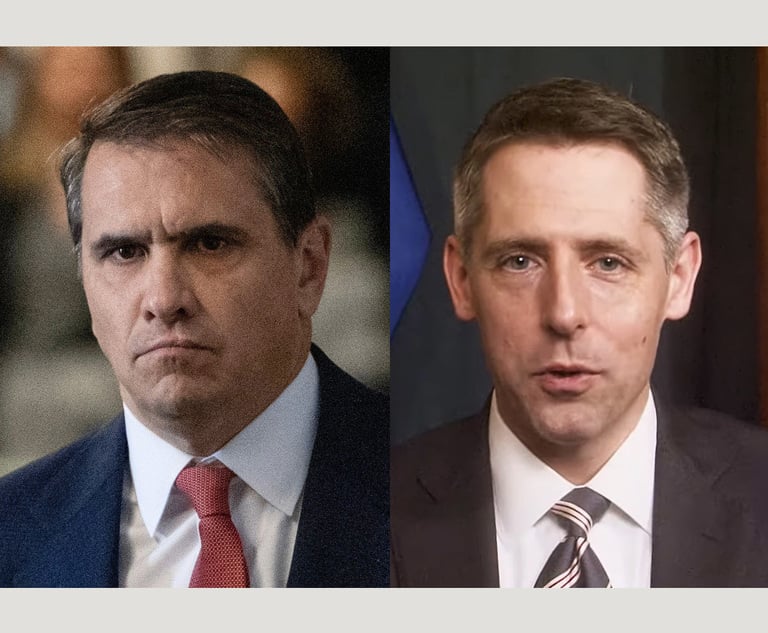In recent years, the Department of Justice (DOJ) has issued a number of policy statements which make clear that, when companies seek credit for cooperating with the government, they will be expected to turn over any incriminating evidence about current and former employees. This policy has given rise to a concern that companies will feel pressure to tailor internal investigations to the needs of federal prosecutors. As we commented, DOJ policy “may, in close cases, lead company counsel to overinterpret the facts, or find wrongdoing where the record is more consistent with innocent mistake or uncertainty.” Elkan Abramowitz & Jonathan Sack, Deferred Prosecution Agreements In Decline? Enforcement Implications, N.Y.L.J. (Jan. 5, 2016).
Two recent criminal prosecutions illustrate the potential consequences of corporate internal investigations that become too closely linked with government investigations. In United States v. Connolly, No. 16-cr-370 (CM), a Southern District of New York prosecution, a former Deutsche Bank trader accused of manipulating LIBOR rates argued that statements he made to the bank’s counsel during an internal investigation should be suppressed under the Fifth Amendment because the company’s lawyers were acting as de facto agents of federal prosecutors. In United States v. Blumberg, No. 14-cr-458 (JLL), a District of New Jersey prosecution, a former executive of a securities brokerage firm argued that the government had violated his Fifth Amendment due process rights by “outsourcing” its investigative work to the brokerage firm’s lawyers and failing to turn over exculpatory materials contained in corporate counsel’s files.


 Elkan Abramowitz and Jonathan Sack
Elkan Abramowitz and Jonathan Sack




